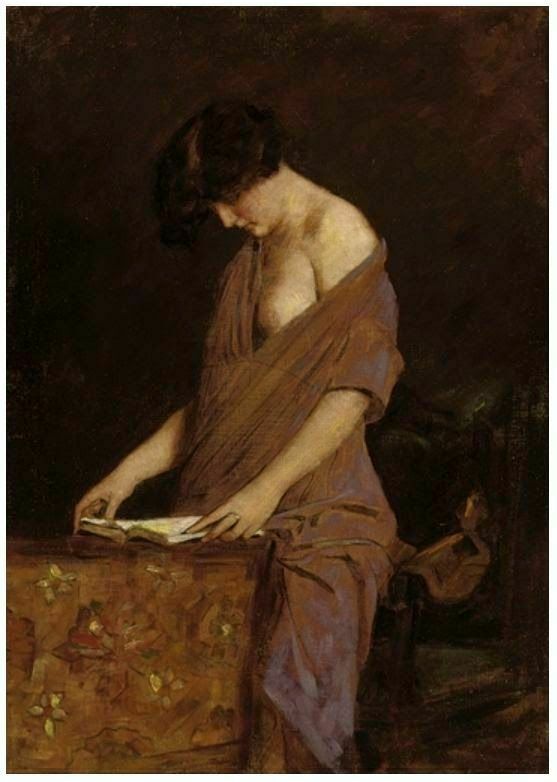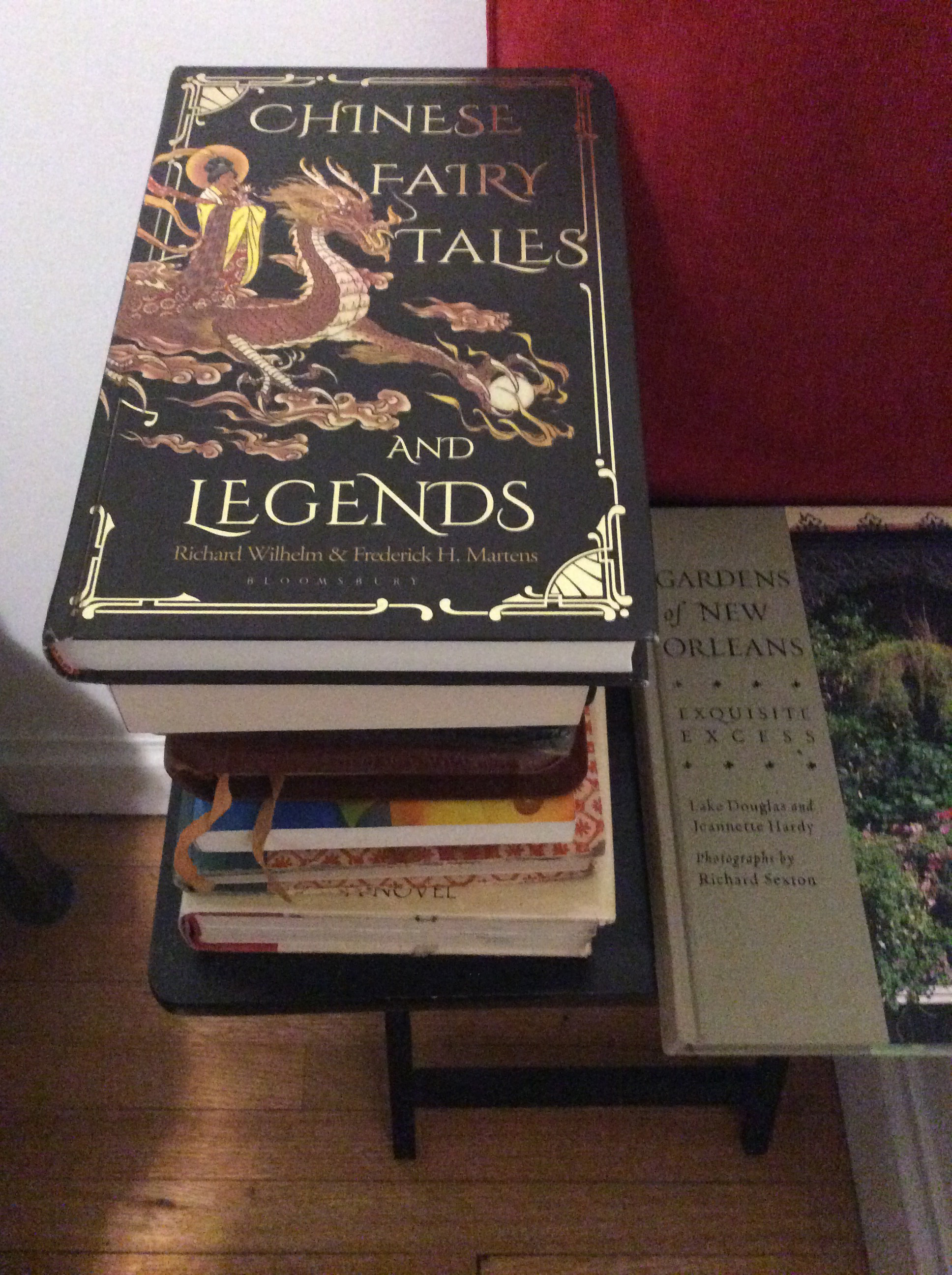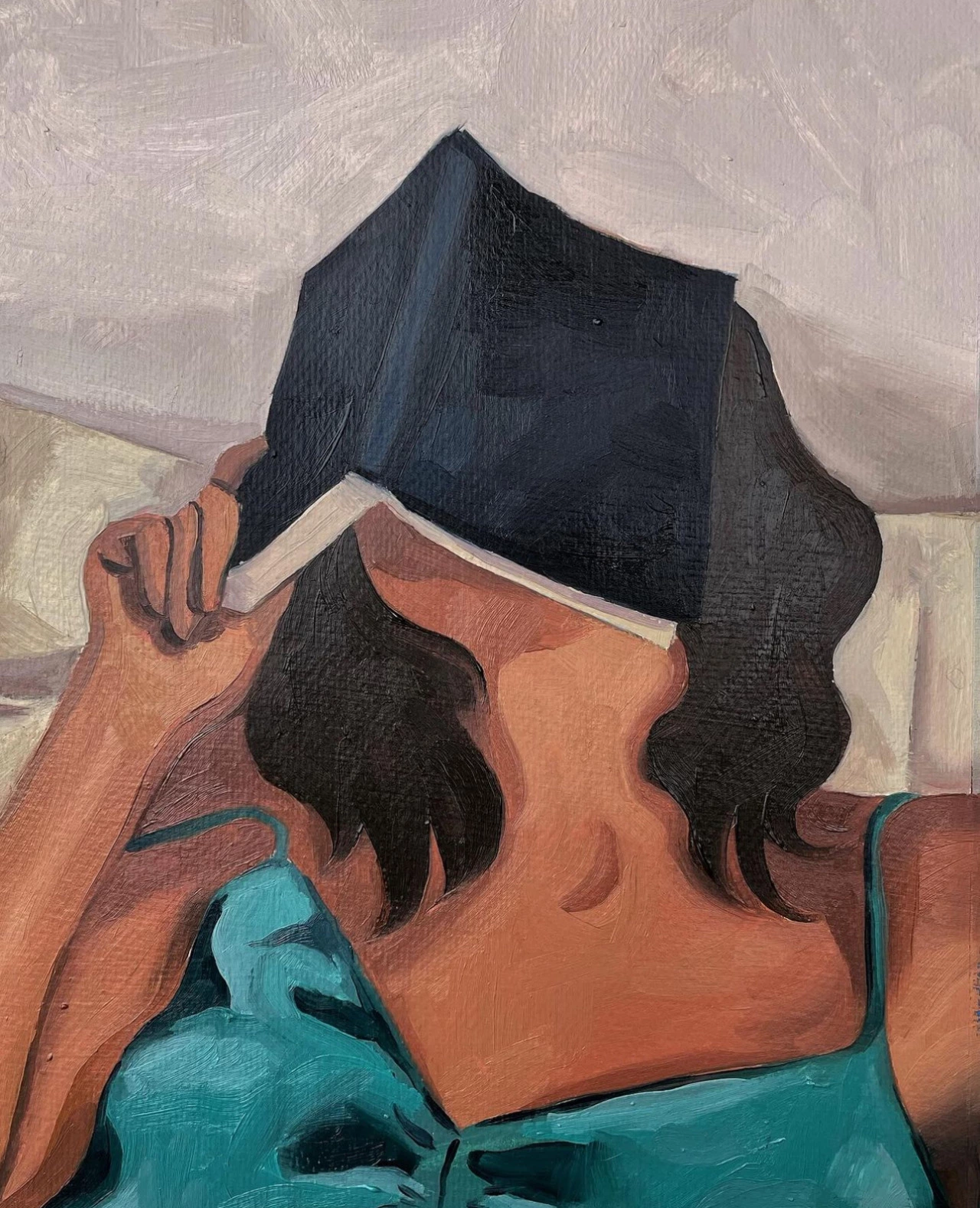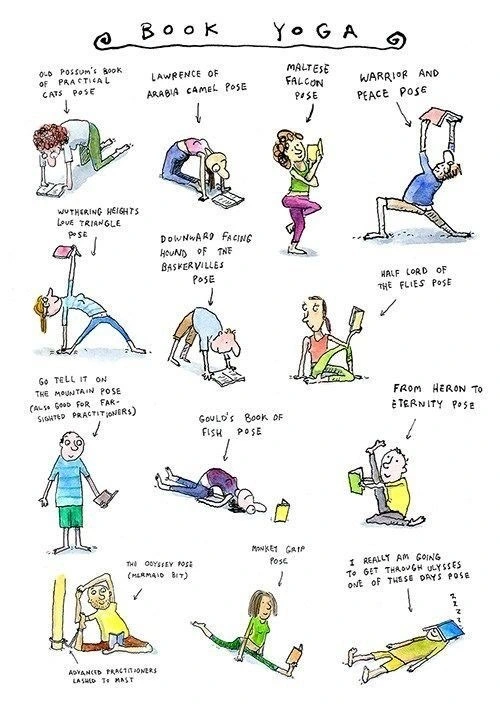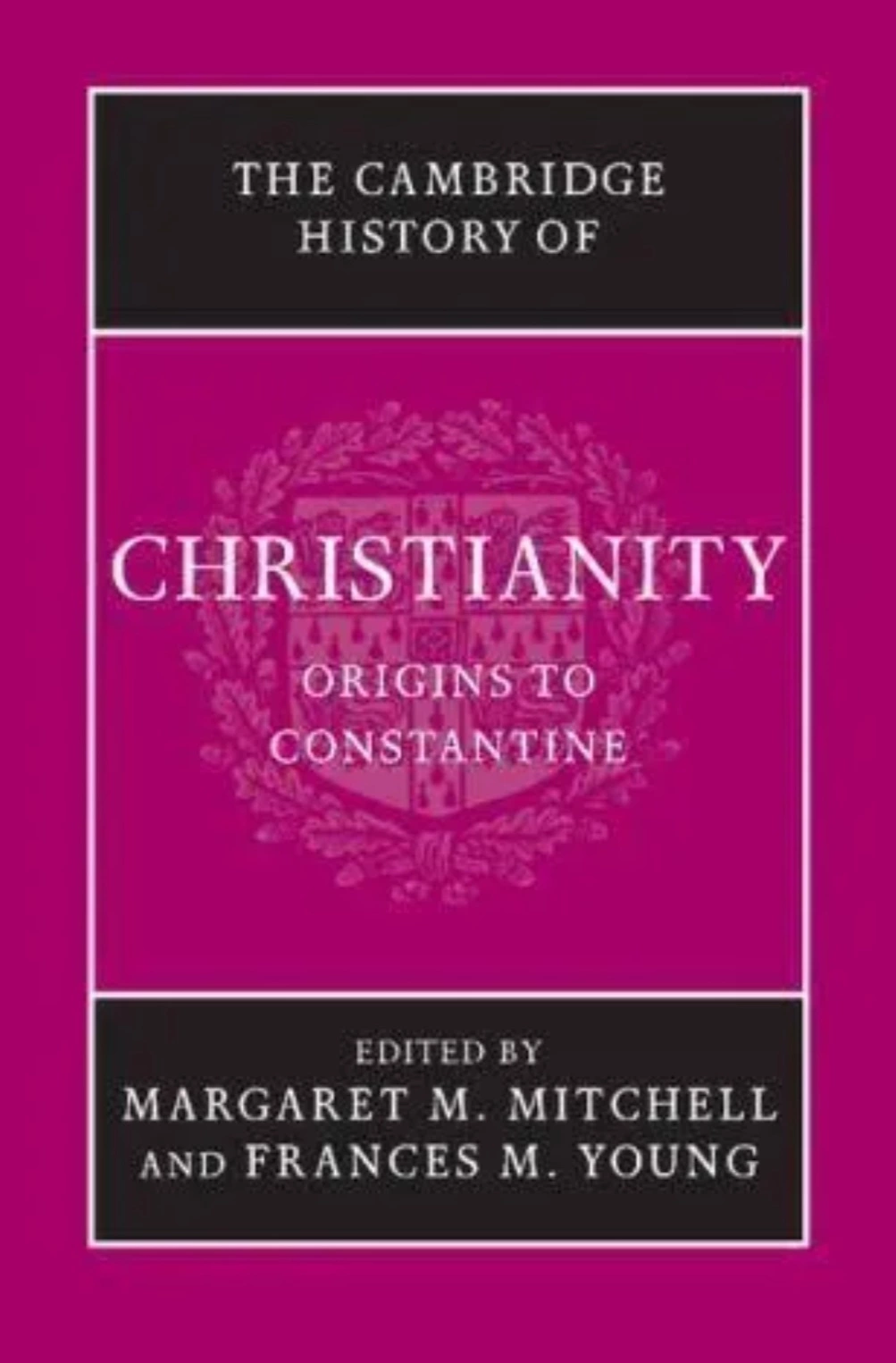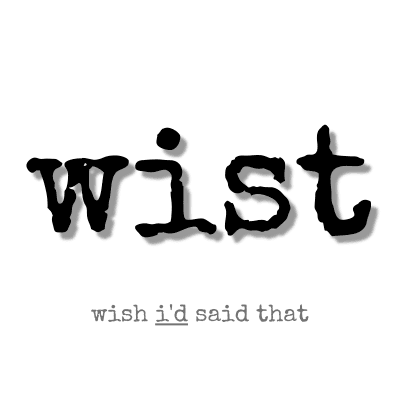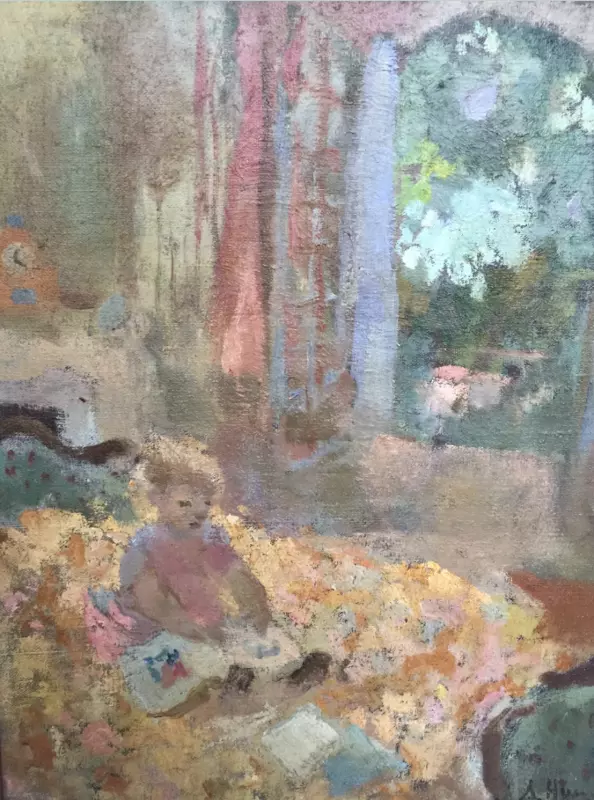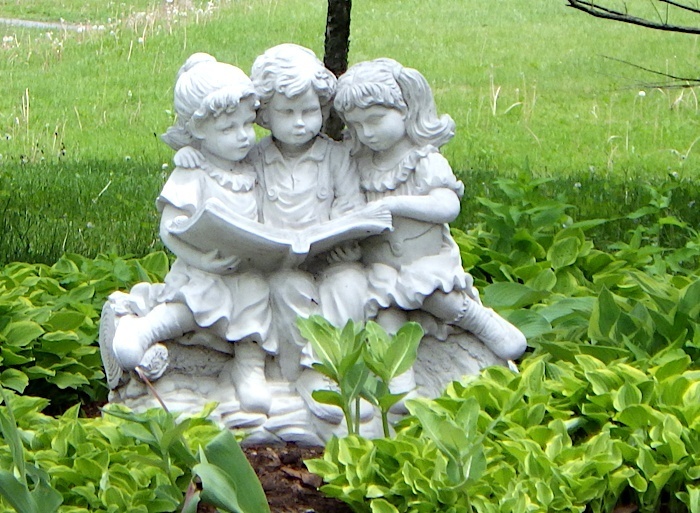#reading
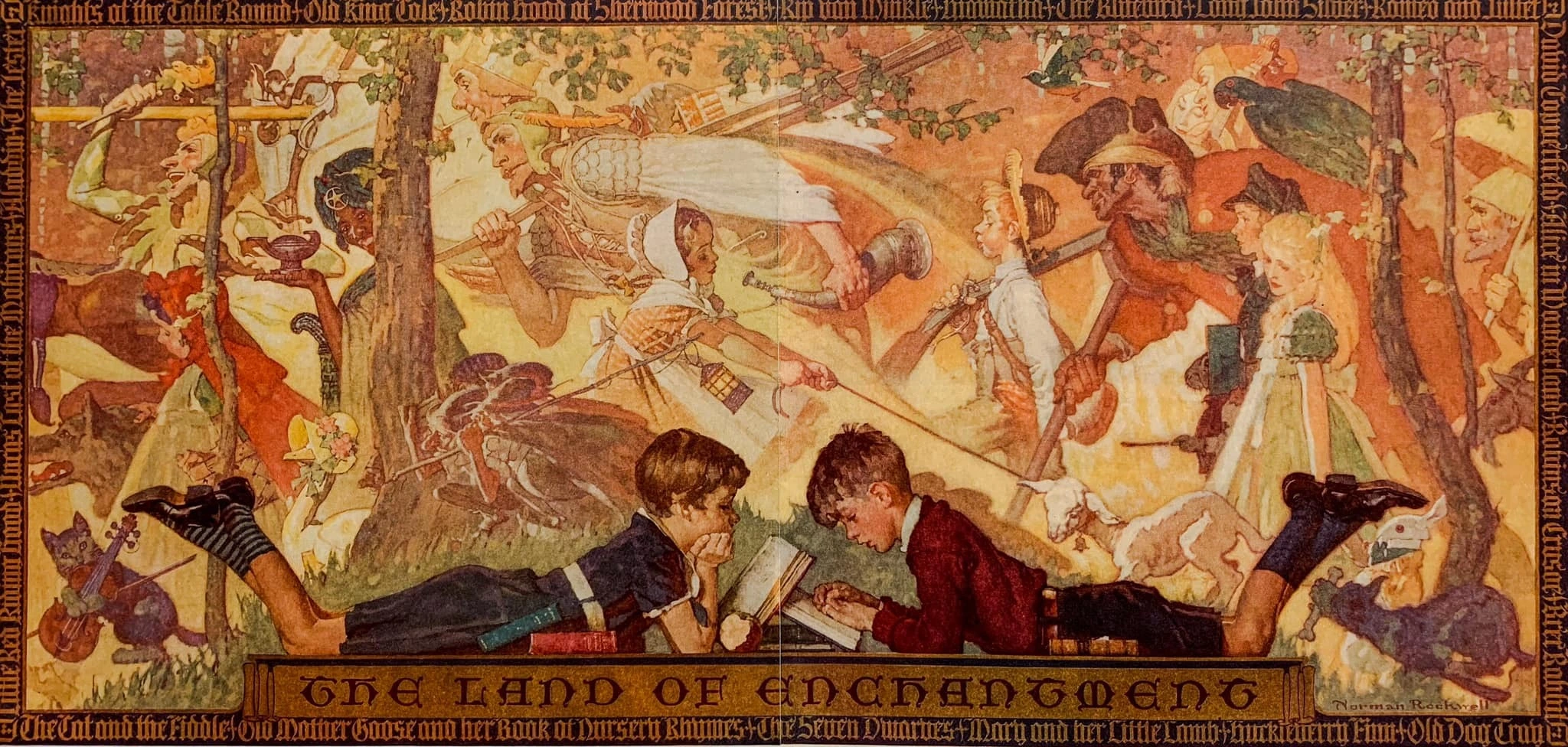
When you read, you enter The Land of Enchantment.
The Land of Enchantment Norman Rockwell (1934) is a large canvas belonging to the New Rochelle Public Library. The painting, depicts romantic figures drifting over two reclining children reading storybooks. Around the border of the painting are the names of storybook characters: Little Red Riding Hood, Uncas Last of the Mohicans, Aladdin, The Jester, Knights of the Round Table, Old King Cole, Robin Hood of Sherwood Forest, Rip Van Winkle, Hiawatha, The Bluebird, Long John Silver, Romeo and Juliet, David Copperfield, Alice in Wonderland, Robinson Crusoe, Bre’er Rabbit, Old Dog Tray, Huckleberry Finn, Mary and her Little Lamb, The Seven Dwarves, Old Mother Goose and her Nursery Rhymes, and The Cat and the Fiddle.
Also, this rhyme by Byron:
Parent of golden dreams, Romance!
Auspicious queen of childish joys,
Who lead’st along, in airy dance,
Thy votive train of girls and boys.
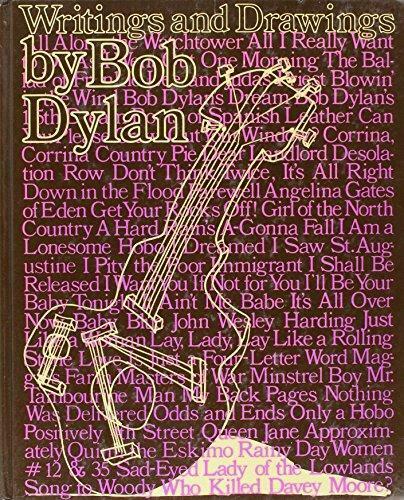
#dylan #books #reading
I discovered Bob Dylan while I was sitting on a floor in the basement of a Mobile, Alabama bookstore. Down in the basement where the Used Books were at a marked down price. This was the book. I had never heard his voice, singing or his songs. I was reading the lyrics of his songs, and his scribbled notes. It was like being struck my lightning. I discovered that most all the world knew of him, but I did not.
#music #reading
July 21, 2024. Sunday. 11:40 PM.
- I was just minding my own business, reading Smith's Bible Dictionary in bed, with a fan blowing on me - when this song flew in my open bedroom window. Oh. It's a strange and mysterious world we live in.
Down By The River ~ Neil Young
https://www.youtube.com/watch?v=KflCXmEX6BY
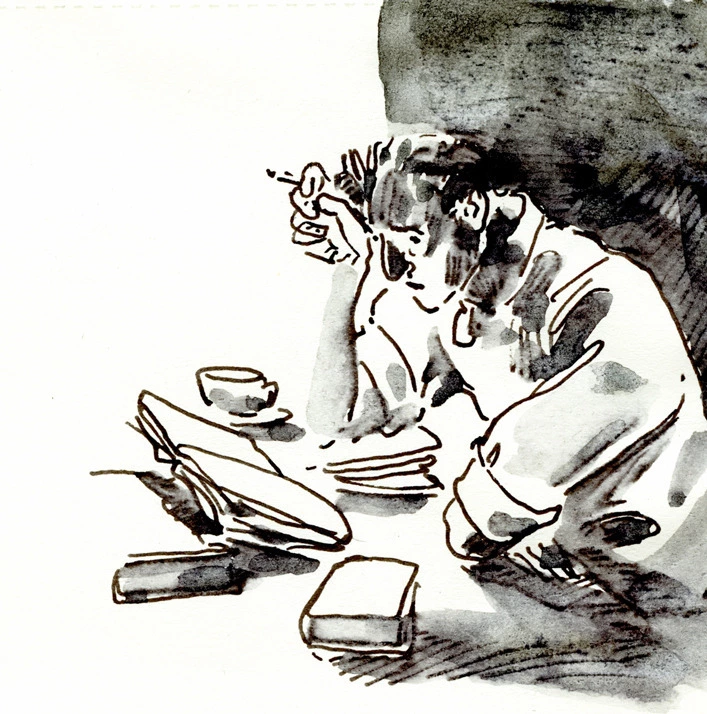
Luc Desportes - sans titre
#art #dessin #drawing #Desportes #lecture #reading #vendredilecture
https://lucdesportes.tumblr.com/post/701644815997239296#notes
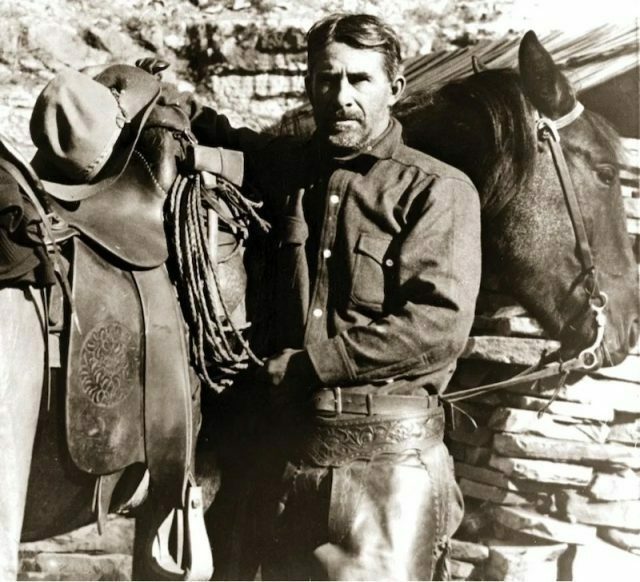
#books #literature #reading #us #west
WESTERN WEDNESDAY
I loved reading his books. I first took notice of him because I spell ‘grey’ with an “e’ not an"a”. (I had numerous arguments with teachers. I brought my dictionary to school). I was pleased when I saw a photograph of him - the look in his eyes and his serious expression.
Zane Grey at Lonely Dell, where he was with Buffalo Jones and Jim Emett on a mountain lion hunting adventure to the North Rim of the Grand Canyon, Arizona, circa 1908 | Photo courtesy Wikipedia Commons, St. George News (Utah)
Study has always been for me the sovereign remedy against life’s unpleasantness, since I have never experienced any sorrow that an hour’s reading did not eliminate.
[L’étude a été pour moi le souverain remède contre les dégoûts de la vie, n’ayant jamais eu de chagrin qu’une heure de lecture n’ait dissipé.]
Charles-Lewis de Secondat, Baron de Montesquieu (1689-1755) French political philosopher
Pensées [Thoughts], # 213 (1720-1755) [tr. Clark (2012)]
#quote #quotes #quotation #anxiety #coping #irritation #reading #remedy #research #study #trouble #worry
Sourcing / notes: https://wist.info/montesquieu/70281/
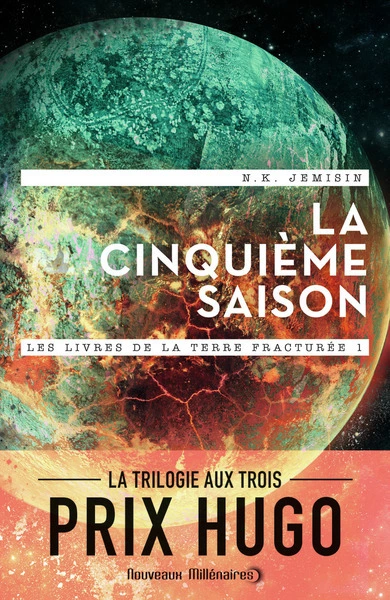
N.K. Jemisin - La Cinquième saison
Je suis en train de le lire, c'est vraiment très bien écrit et l'histoire est captivante... 👍👍👍
Une critique dans Jeune Afrique :
Jeune Afrique, no. JA3089H
Culture(s), lundi 1 juin 2020 1162 mots, p. 131
La révolte des magiciennes par Sabine Clerc
Dans Les Livres de la Terre fracturée, N. K. Jemisin raconte le destin de femmes orogènes seules capables de protéger l’humanité d’une nature enragée. Et en lutte contre l’empire qui les asservit.
Alors que la littérature de science-fiction reste dominée par les hommes blancs, généralement anglo-saxons, de nouvelles voix africaines-américaines émergent, qui créent des mondes parfois terrifiants mais diablement fascinants. Si l’on connaissait déjà l’Américano-Nigériane Nnedi Okorafor (lire page ci-contre),on ignore peut-être encore l’existence de la fabuleuse conteuse qu’est l’Africaine-Américaine Nora K. Jemisin, et notamment ses Livres de la Terre fracturée, œuvre inclassable oscillant entre science-fiction et fantasy.
Dans cette trilogie violente et sombre, la nature rappelle régulièrement à l’humanité qui est le maître. Sur le Fixe, « vaste continent sans solution de continuité » d’une planète torturée par une activité sismique déchaînée, l’humanité doit survivre à d’interminables hivers de « six mois minimum », les « Saisons », provoquées par des cataclysmes tels que tremblements de terre, raz de marée, éruptions volcaniques, pluies acides. Seule capable d’apaiser la fureur de « Père Terre », la caste des orogènes est pourtant opprimée par l’Empire.
Et c’est justement à l’aube d’une Saison qu’une femme, Essun, retrouve un jour son fils, Uche, « mort sous les coups de son père », Jija. Lequel a aussi enlevé leur fille, Nassun, ne supportant pas de découvrir que ses enfants étaient des orogènes, capables de « manipuler les forces thermiques et cinétiques, ainsi que d’autres formes d’énergie, pour influencer les secousses sismiques ». Et donc de tuer les « fixes » (ceux qui, comme Jija, sont « incapables d’orogénie ») quand, tel Uche, ils ne maîtrisent pas encore leur don. Mais aussi de protéger l’humanité des catastrophes naturelles qui l’empêchent de développer toute civilisation sur le long terme.
Cette puissance aussi vitale qu’effrayante a été domptée. Des Gardiens « traquent » et mettent au pas les orogènes (ou « gêneurs ») dès leur plus jeune âge à force de sévices physiques et psychologiques. Le glaçant Schaffa dresse ainsi Damaya, une enfant que sa propre famille a rejetée lorsque son don s’est manifesté, en lui brisant la main. Au sein de cet « ordre militaire », des professeurs sans pitié lui apprendront à contrôler son pouvoir, mais surtout à devenir une « arme » docile de l’Empire.
« Bêtes noires »
Les orogènes n’ont aucun droit, ni sur leur propre vie, ni sur celle de leur progéniture imposée. On les pousse à la maîtrise parfaite de leur don « à travers des générations de viols, de coercition, de sélection tout sauf naturelle ». Malgré sa puissance et sa contribution à la stabilité de l’Empire ainsi qu’à la survie de la population, tout un pan de la société est ainsi déshumanisé – en premier lieu à ses propres yeux. « Une fillette traitée de monstre assez souvent finit par épouser cette étiquette. » Quoique tolérés pour leur utilité, les orogènes impériaux, « reconnaissables à leur uniforme noir », sont ainsi appelés des « bêtes noires ». Et ils l’acceptent. Un système esclavagiste bien huilé, en somme.
Si l’humanité subit ravages après ravages, c’est parce que, dans un lointain passé dont il ne reste que quelques vestiges, elle a détourné les mystérieuses énergies qui irriguent la croûte terrestre à son profit. En asservissant la nature, elle a défié un être qui la dépassait, « Père Terre ». En proie à une rage démesurée depuis, celui-ci n’a de cesse qu’il éradique l’humanité.
À l’aube de la Cinquième Saison,Essun part à la poursuite de sa fille dans un décor digne de celui de LaRoute,de Cormac McCarthy : elle doit marcher des jours durant au milieu de cohortes de réfugiés parfois hostiles. Mais elle n’a rien d’une Sarah Connor prête à organiser la résistance contre le Terminator. « Elle a 42 ans, est dotée de hanches qui ont porté deux enfants sans difficulté, de seins qui les ont nourris sans difficulté. Elle a l’air solide, bien en chair. » Une figure qui occupe rarement le devant de la scène dans les récits de science-fiction et de fantasy. Or c’est précisément ce type de personnage que Jemisin veut mettre en lumière : des femmes qui lui ressemblent et auxquelles d’autres Africaines-Américaines pourront s’identifier.
Revanche
Car les héros noirs sont rares dans le monde de la fiction, malgré une forte attente (comme en témoigne le succès de Black Panther) dont éditeurs et producteurs semblent seulement prendre conscience. Jemisin a même vu son premier roman rejeté sous prétexte qu’il n’y aurait qu’un lectorat noir pour lire l’œuvre d’un auteur noir… Mais Jemisin, qui est née dans l’Iowa en 1972, découvre à l’adolescence un roman décrivant un futur où les Noirs sont encore bien présents : Dawn (1987), de l’Africaine-Américaine Octavia E. Butler. Une révélation. Elle se sent alors la légitimité nécessaire pour écrire de la science-fiction.
Rien de surprenant à ce que la têtue Essun soit aussi le personnage préféré de Jemisin. Comme la puissante orogène, l’auteure a dû se soumettre aux règles imposées par la société avant de pouvoir s’en affranchir. Bien que fille d’un artiste vivant de ses créations, Jemisin a toujours entendu sa famille lui dire qu’elle ne pouvait embrasser la carrière d’écrivain, qu’il lui fallait gagner sa vie avec un métier sérieux. Elle est ainsi devenue psychologue et éducatrice.
Heureusement, elle a fini par réaliser son rêve et en a été récompensée. Chaque tome des Livres de la Terre fracturée a décroché la plus prestigieuse distinction en littérature de science-fiction, le prix Hugo du meilleur roman (en 2016, en 2017 et en 2018). Ce qui n’est pas un mince exploit dans un cercle non seulement très masculin, mais aussi affligé d’une aile d’extrême droite blanche ultra-raciste. Dans son discours de remerciement, en 2018, la New-Yorkaise a d’ailleurs vilipendé ceux qui prétendaient qu’un auteur noir n’avait droit aux honneurs qu’en vertu d’une bien-pensante politique identitaire – contrairement à l’homme blanc, qui, lui, serait toujours couronné pour la vraie valeur de son travail.
Cette reconnaissance officielle sonne comme une revanche pour la communauté africaine-américaine en général, et pour les femmes en particulier. Dans la Terre fracturée,Jemisin, militante féministe, les montre sous un jour souvent sombre mais toujours déterminé. Loin d’être des victimes impuissantes ou des objets décoratifs, elles sont ici pleinement sujettes. Et Essun accomplira ce qu’aucun orogène avant elle n’avait pu réaliser.



